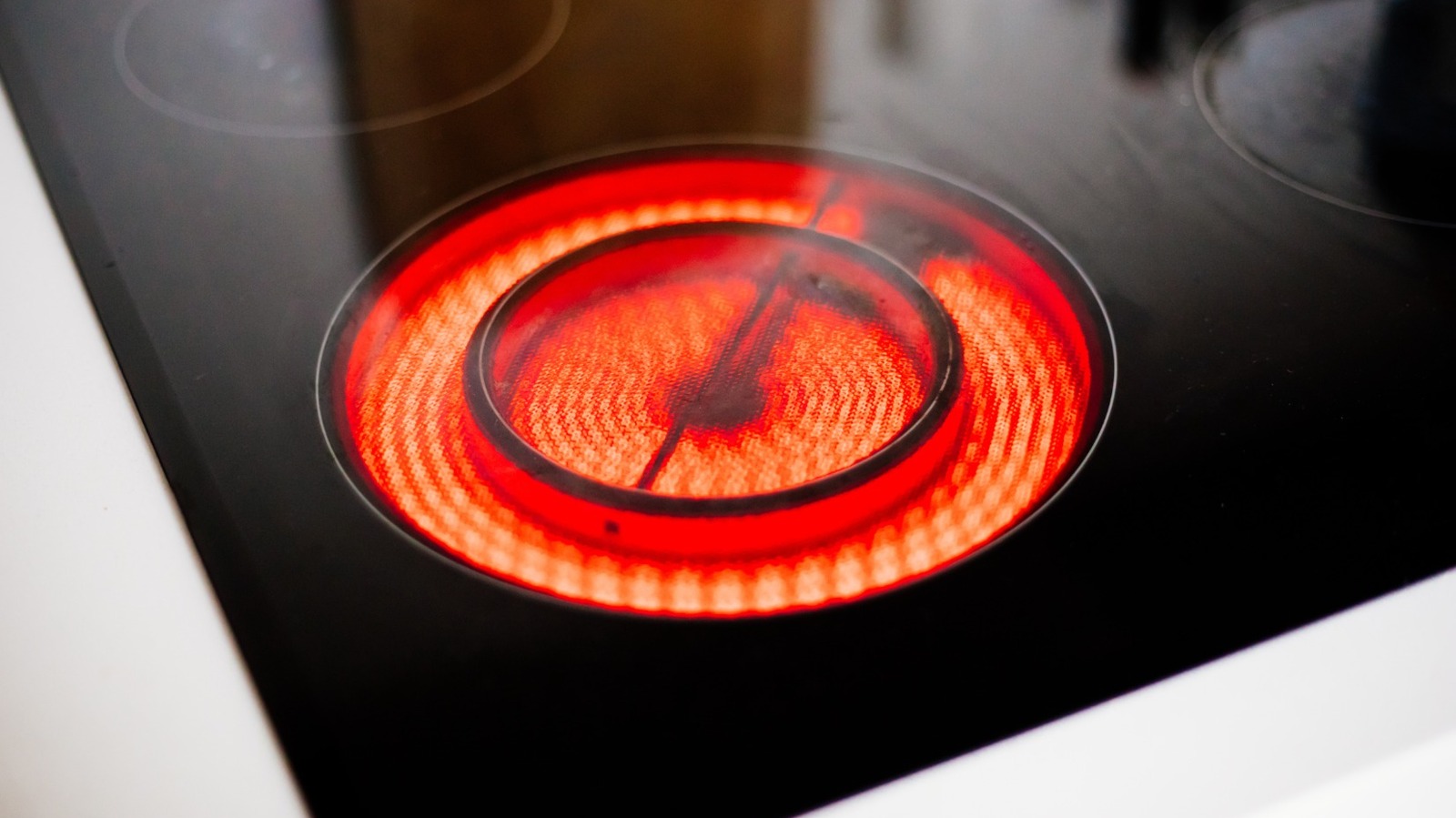
"Glass ceramic cooktops have several advantages over traditional electric or gas ranges. Professional chefs might rave about the precise heat control of a gas flame, but induction cooktops offer high energy efficiency, improved safety, fewer fumes, and other advantages. Even if it is a radiant electric cooktop, it is easier to clean than a gas or coil electric model. The flat surface also doubles as counter space when the stove is not in use."
"Ceramic glass can withstand high heat and some physical abuse, but it's far from indestructible. Sudden impacts and heavy loads can crack the surface, as can extreme heat or rapid temperature changes. You never want to pour cold water on a hot cooking surface, for instance. Likewise, dropping a heavy cast iron pan on your cooktop can break the glass. Even proper use of cast iron - with the rough surface on the bottom - can scratch the glass, causing it to weaken"
Glass ceramic cooktops provide energy-efficient cooking, improved safety, easier cleaning, and a flat surface that can double as counter space. Induction cooktops offer precise heat control, high efficiency, and fewer fumes, while radiant electric models are simpler to clean than gas or coil ranges. Smooth, flat-bottomed cookware—particularly enameled pots—reduces abrasion and wear on the surface and optimizes cooking performance. The cooktop surface is a ceramic-glass composite that resists heat but can be scratched by rough cookware. Repeated heating and cooling, liquid seeping into scratches, sudden impacts, heavy loads, and temperature shocks can produce cracks and weaken the glass.
Read at Tasting Table
Unable to calculate read time
Collection
[
|
...
]